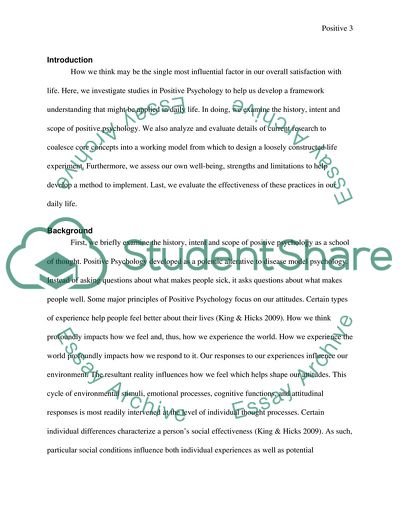Cite this document
(Positive Psychology Core Assessment Research Paper, n.d.)
Positive Psychology Core Assessment Research Paper. Retrieved from https://studentshare.org/psychology/1742563-core-assessment-positive-psycology
Positive Psychology Core Assessment Research Paper. Retrieved from https://studentshare.org/psychology/1742563-core-assessment-positive-psycology
(Positive Psychology Core Assessment Research Paper)
Positive Psychology Core Assessment Research Paper. https://studentshare.org/psychology/1742563-core-assessment-positive-psycology.
Positive Psychology Core Assessment Research Paper. https://studentshare.org/psychology/1742563-core-assessment-positive-psycology.
“Positive Psychology Core Assessment Research Paper”, n.d. https://studentshare.org/psychology/1742563-core-assessment-positive-psycology.


